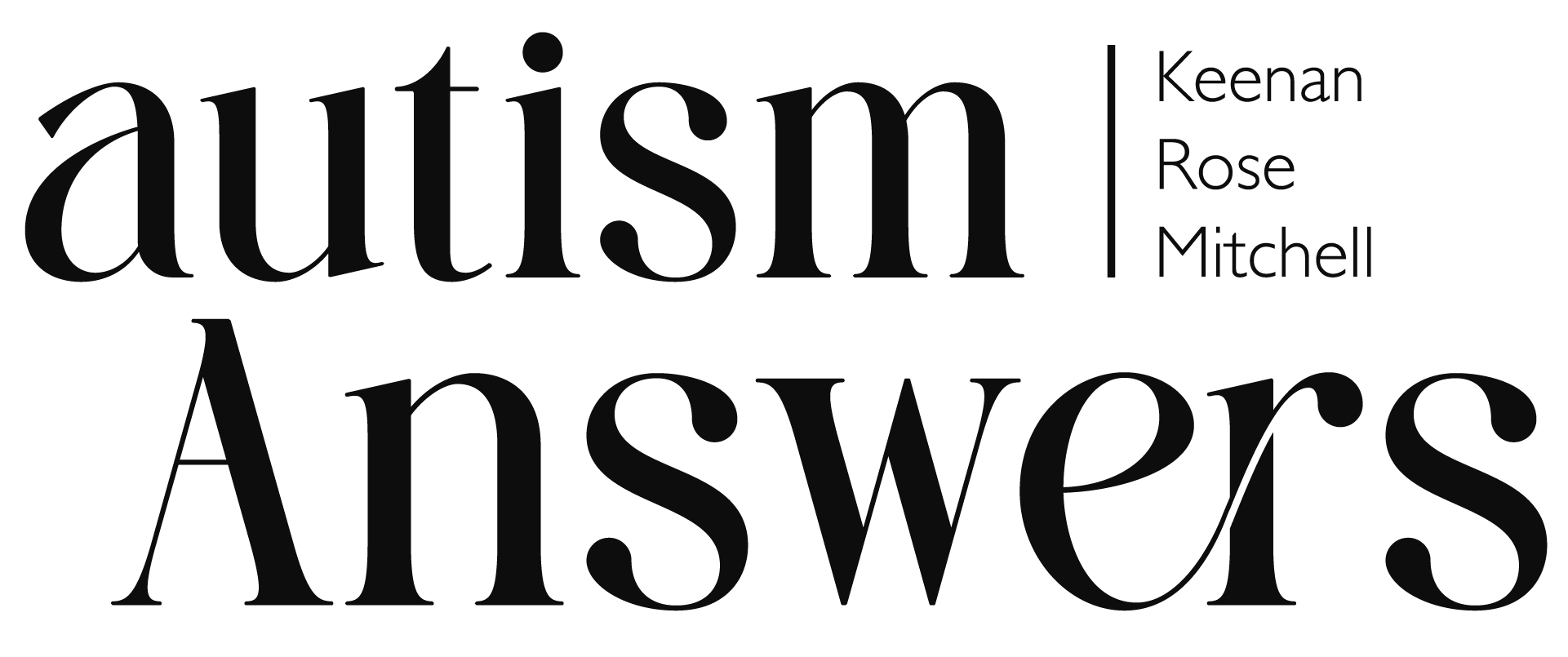Why “Wait and See” Can Hurt More Than Help: The Importance of Early Social Development
- Autism Answers
- May 19
- 2 min read
As a parent, it's natural to hope that your child will "grow out of" certain behaviors or delays. However, when it comes to social development, waiting can mean missing critical opportunities for growth.
Social Development Begins at Birth
From the moment they're born, children start learning how to interact with the world around them. They observe faces, respond to voices, and begin to understand the basics of communication. By 18 months, these foundational skills should be well underway. Delays in behaviors like pointing, waving, or making eye contact show us that a child has been missing out on essential social learning experiences.
The Risks of "Wait and See"
Adopting a "wait and see" approach can lead to missed opportunities for early intervention, which is crucial for children showing signs of social communication delays (autism). Research indicates that early diagnosis and intervention can significantly improve social communication skills in children with autism spectrum disorder. Delaying support can result in prolonged challenges and increased frustration for both the child and the family.
Early Intervention Makes a Difference
Early intervention leverages the brain's plasticity during the first few years of life, making it more effective in addressing developmental challenges. Studies have shown that children who receive early intervention services exhibit better outcomes in language, social skills, and adaptive behaviors . Starting support early doesn't just address current delays—it sets the stage for long-term success.
Support Without Labels
Seeking help doesn't mean you're labeling your child. Working with professionals can provide strategies and support tailored to your child's needs without the necessity of a formal diagnosis. Early support focuses on enhancing your child's strengths and addressing challenges in a constructive, non-judgmental way.
Take Action Today
If you have concerns about your child's social development, don't wait. Early support can make a significant difference in your child's life. Remember, it's not about labeling—it's about providing your child with the tools they need to thrive.
References
UT Dallas Center for Children and Families.
Early Autism Intervention Improves Social and Language Development.
https://news.utdallas.edu/health-medicine/autism-intervention-pathways-2022
PsychCentral.
Why Early Diagnosis of Autism Matters.
https://psychcentral.com/autism/early-diagnosis-of-autism
CDC - Learn the Signs. Act Early.
Developmental Milestones: Social and Emotional Development (Birth to 5 Years).
https://www.cdc.gov/ncbddd/actearly/milestones/index.html
Autism Speaks.
The Importance of Early Intervention.




Comments